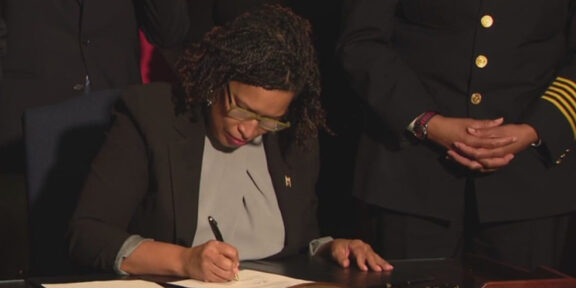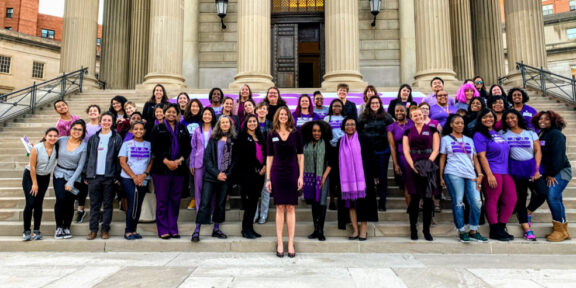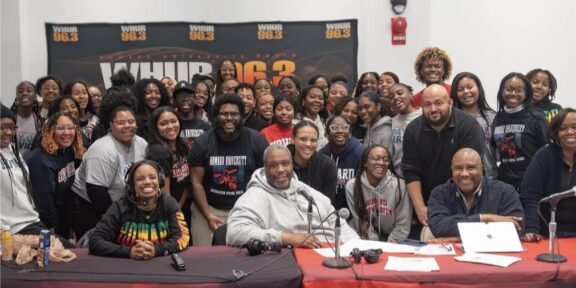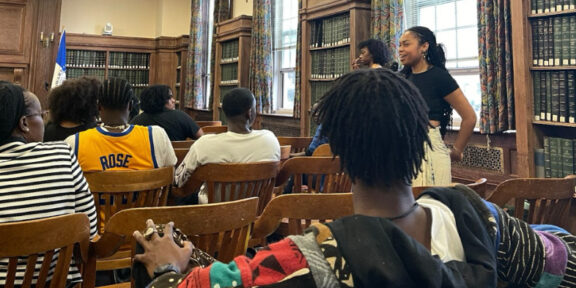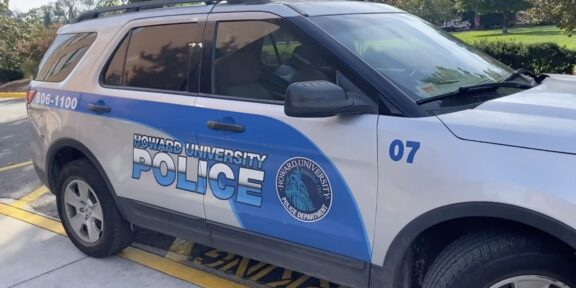By Autumn Coleman
Elizabeth Dagget is never sure that transportation will arrive to pick up her 13-year-old son with a rare chromosomal disorder from school.
“The worst part is the waiting game,” Daggett said in response to the student transportation services.
Daggett is one of the five families in Washington, D.C., along with disability rights organization the Arc of the United States, who recently filed a lawsuit accusing the city of a systemic failure to adequately transport students with disabilities to and from school.
The lawsuit, filed on March 7, specifically targets the D.C.’s Office of the State Superintendent (OSSE) and its Department of Student Transportation. The families involved claim to have experienced buses arriving late or not arriving at all and lacking predetermined resources such as personnel and equipment.
According to D.C. Public Schools, 15% of students enrolled in DCPS were students with disabilities in the 2022-23 school year.
Within the District, student transportation services are only available for eligible students. Many of D.C.’s students utilize other methods of transportation to arrive and depart from their school.
“It is obvious that OSSE is broadly failing to adequately transport and integrate students with IDD in its educational system,” said Evan Monod, the staff attorney for the Arc of the United States. “We have public data showing that bus route delays and cancellations are a very common occurrence.”
The Arc of the United States, the nonprofit organization supporting the families in the suit, serves people with intellectual and developmental disabilities.
The Howard University News Service reached out to The Office of the State Superintendent for a response but was informed that they do not comment on pending litigation.
About 4,000 students rely on school buses as transportation due to physical or intellectual disabilities that prevent them from using public transportation, according to the Washington Post.
“D.C. is still using older models to track buses – often using paper trip tickets,” said Allyson Boucher, communications director for the Children’s Law Center.
“Hiring initiatives are helpful; however, there are bigger issues, such as modernizing the system to make it more efficient,” she added.
According to the civil action summons, the District of Columbia has 60 days from the day it receives the summons to respond, or a judgment by default will be assumed.


